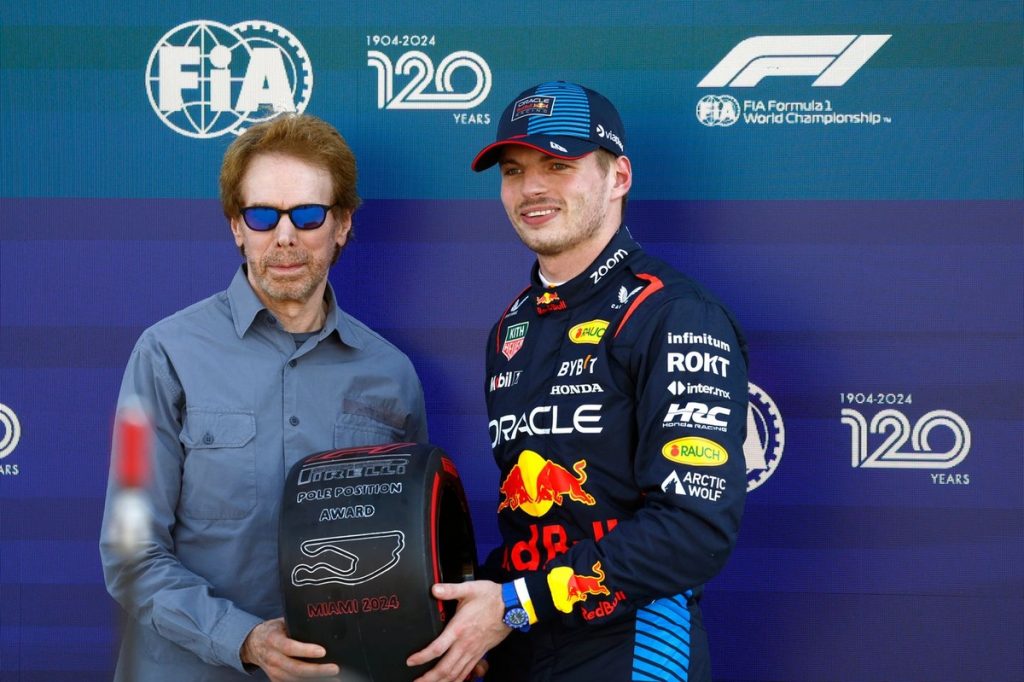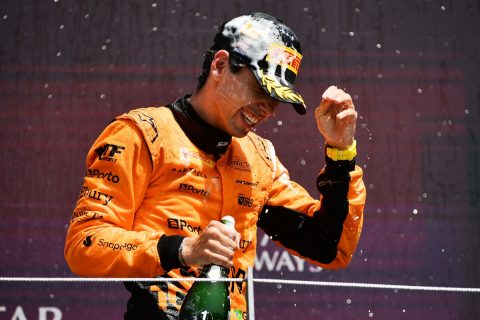In anticipation of an upcoming Formula 1 film starring Brad Pitt, Red Bull Racing has been quite vocal about their concerns over potentially being depicted as the ‘villain’ team. The film, directed by Joseph Kosinski and produced by Pitt’s company alongside Lewis Hamilton, aims to capture the drama and intensity of the sport. However, with such high-profile involvement, the portrayal of existing teams sparks interest and concern alike.
The Film’s Potential Impact
The film’s production has attracted significant attention, not just due to the star power attached but also because it promises to delve deep into the intricacies of the sport. For teams like Red Bull Racing, known for their competitive spirit and dominance in recent years, the narrative arc can have lasting effects. Being cast in a negative light could influence public perception, something the team is keen to avoid.
Red Bull’s Dominance in F1
Red Bull Racing’s fear isn’t entirely unfounded. Dominating the Formula 1 circuit often puts teams under scrutiny. Red Bull’s powerful presence, led by stars like Max Verstappen, has certainly made them a formidable force. However, this dominance sometimes attracts criticism, painting them as the “bad guys” of the sport, a label the team is cautious of perpetuating.
Why the ‘Villain’ Role?
Every compelling sports narrative requires an antagonist. For Hollywood, aligning a team like Red Bull with such a role might make for an exhilarating plot. Yet, this alignment can misrepresent the team’s ethos and potentially overshadow their achievements. Being the perceived ‘villain’ can invoke negative sentiment among newer fans unfamiliar with the nuances and complexities of team dynamics.
The Role of Lewis Hamilton
Intriguingly, Lewis Hamilton’s involvement in the film might also play a role in how team dynamics are portrayed. As a competitor of Red Bull and one of F1’s most celebrated figures, his perspective and influence on the production could shape Red Bull’s depiction. Hamilton himself is acutely aware of the power of narrative, having experienced various portrayals throughout his career.
Influence on the Audience’s Perspective
Formula 1 teams are deeply aware of their public image and its effects on branding and sponsorships. Red Bull Racing, in particular, emphasises innovation, excellence, and a daring approach to the sport. Maintaining this image is crucial not just for team morale but also for their global fanbase. A misunderstood or negative portrayal could inadvertently sway public opinion.
The Balance of Entertainment and Reality
While films dish out entertainment, there’s always a responsibility towards authenticity. Red Bull’s commitment to ensuring their portrayal in the movie aligns with reality underscores the importance of preserving the true spirit of racing. Striking a balance between Hollywood storytelling and genuine F1 dynamics poses a challenge—a challenge both the filmmakers and teams must navigate carefully.
As the film inches closer to production, all eyes are on how the story unfolds both on and off the screen. With the collaboration of seasoned F1 professionals and Hollywood’s elite, the project is set to intrigue and captivate global audiences. The question remains: How authentically will it capture the spirit of Formula 1?









